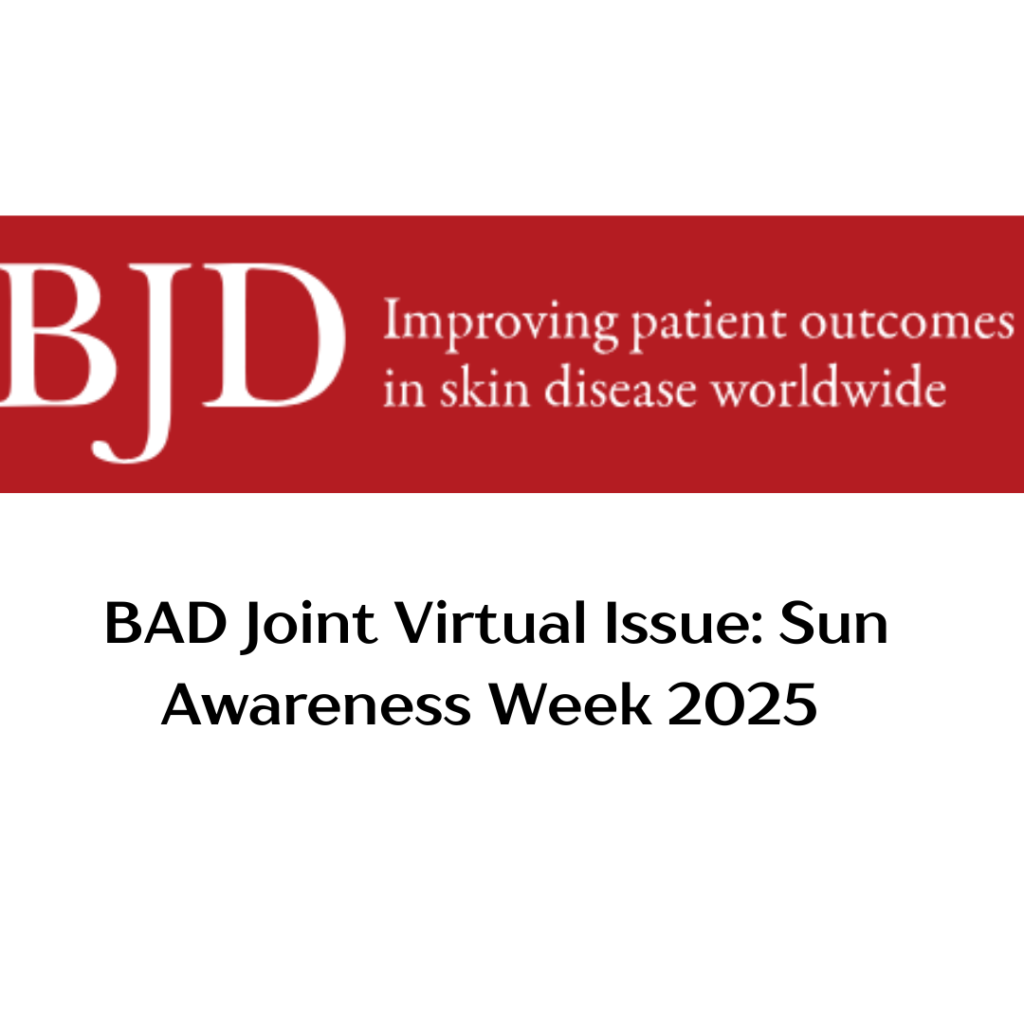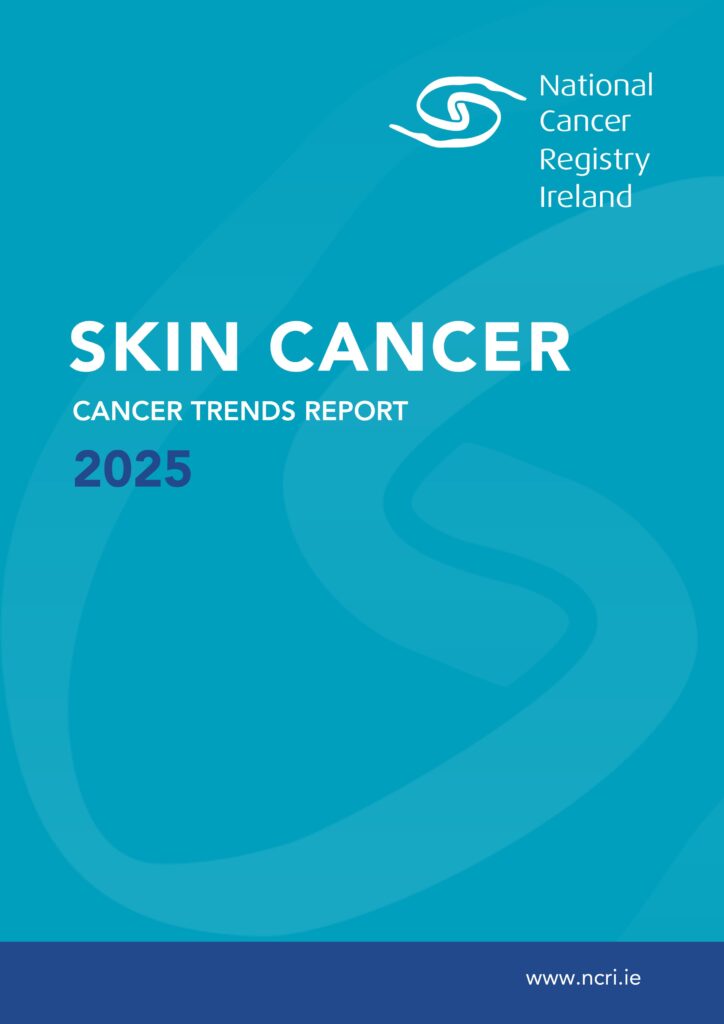Psoriasis patients, psoriasis advocacy and professional groups, and healthcare professionals come together to challenge the misconception that psoriasis is ‘just a skin condition’ by creating better understanding that it is a serious, sometimes lifelong condition impacting emotional and mental wellbeing, as well as physical health.
LEO Pharma, one of the ISF’s Nurse Helpline sponsors, and the UK-based Patients Association, in association with the Irish Skin Foundation, have released a new report highlighting the debilitating effect psoriasis can have on up to two million people battling the condition in Ireland and the UK. Despite the World Health Organisation (WHO) recognising psoriasis as an area of focus, and recent advancement in treatments, the PSO (pronounced “so”) What? report highlights the need for improvement in services, care and the health and experiences of people living with psoriasis.
The report – which brought together psoriasis patients, psoriasis advocacy and professional groups, and healthcare professionals as part of the expert PSO What? Taskforce – aims to challenge the misconception that psoriasis is ‘just a skin condition’ by creating better understanding that it is a serious, sometimes lifelong condition impacting emotional and mental wellbeing, as well as physical health.
The report calls for regular reviews, at least annually, for people living with psoriasis as they can provide a key opportunity for patients to proactively share how they feel, discuss existing – or potentially preventable – complications and explore psoriasis treatment options.
“Living with psoriasis can be stressful, unpredictable and can profoundly affect your quality of life and psychological well-being. We are delighted to be a member of the expert Taskforce involved in developing the PSO What? Report, as it spotlights the same difficulties facing psoriasis patients that we encounter in our work and hear all too often through the Irish Skin Foundation helpline,” said David McMahon, Irish Skin Foundation.
“Our top priority is championing patient health and improved outcomes and this report advocates strongly on behalf of people living with psoriasis to help them receive the support and treatment they deserve,” he added.
Associated complications
Up to 42% of people living with psoriasis can develop psoriatic arthritis, a painful and debilitating condition which may lead to disability. The report also spotlights evidence that people with psoriasis can be more likely to develop cardiovascular disease and can also have an increased risk of inflammatory bowel disease (IBD) and liver disease.
Psychological impact of psoriasis
The psychological impact of having psoriasis can be significant. Up to 32% of people living with psoriasis can also suffer with depression and one in 20 people with psoriasis are known to have contemplated suicide.
A survey conducted as part of the PSO What? initiative also shows that half of people with psoriasis said their psoriasis makes them feel self-conscious (73%), embarrassed (69%) and anxious (59%).
Effect on relationships
More than half of people living with psoriasis say they have been the target of negative, unpleasant comments. 40% of sufferers feel psoriasis has affected their relationship, and of these almost a third avoid intimate relationships. 44% avoid sex completely and 16% have had a partner refuse to have sex with them because of their condition.
“When my psoriasis was at its worst, in my late teens and twenties, I felt very self-conscious and embarrassed by my skin. It affected every aspect of my life – from avoiding activities like swimming to wearing clothes that would cover up my arms and legs, even in summer, to waking up at 4am to take my medication so that the pain from my arthritis was just about bearable by 7am,” said Marion Morrissey from Limerick, a psoriasis patient living with psoriatic arthritis. “At times, it was like leading a double life, covering my body in creams and ointments an hour before school or work and an hour afterwards, completely unbeknownst to my friends and colleagues,” she added.
Access to Care
The report also spotlights the issue of waiting lists in Ireland, with Consultant Dermatologist staffing in Ireland 50% below international best practice at secondary care level and an average waiting time of 12-18 months for a routine assessment. It goes on to show how the impact of psoriasis on a patient’s life may be underestimated by some healthcare professionals. From patients and doctors, nurses and pharmacists that were surveyed, it’s apparent that while a majority of medical professionals believe they are providing enough additional information to patients, less than half of patients (45%) claim to feel well-supported by their doctor. Moreover, more than half of patients reported sleep disturbance of up to one to four nights per week, however, only one third of doctors surveyed regularly ask if sleep disturbance is a problem.
“Right now in Ireland we are failing thousands of people who have psoriasis. Despite many effective new treatments, access to these is poor and unequal,” said Dr Marina O’Kane, Consultant Dermatologist at Beaumont Hospital & Board Member, Irish Skin Foundation.
“This is especially worrying as compared to other chronic autoimmune diseases, psoriasis can develop at an early age and is notorious for stealing confidence, self-esteem, and motivation. Bullying, workplace discrimination and social isolation are common – due to highly visible lesions – and when people finally reach a dermatologist, many are completely demoralised, having lost all hope,” she added.
Employment
Almost half of people with psoriasis who are in employment report that their condition limits their income and / or future earnings, with individuals taking up to 26 sick days a year, and nearly one fifth claiming to have quit their job or been dismissed as a result of their psoriasis.
Marion Morrissey continued; “The findings of the PSO What? report will, I’m sure, greatly resonate with the thousands of psoriasis patients in Ireland, struggling every day to manage their condition. After living with the condition for 25 years, I am thrilled to be able to say that my psoriasis is currently clear. I urge anyone who has given up on finding a solution to go back to your GP, ask for a review, share how you feel and discuss new treatment options. You do not have to suffer in silence.”
PSO What? will you do differently?
To find out more visit the PSO What? website (www.PSO-What.com) and pledge to do one thing differently to help make a difference for the nearly 2 million people living with psoriasis in Ireland and the UK.
Download the PSO What? Report here.












